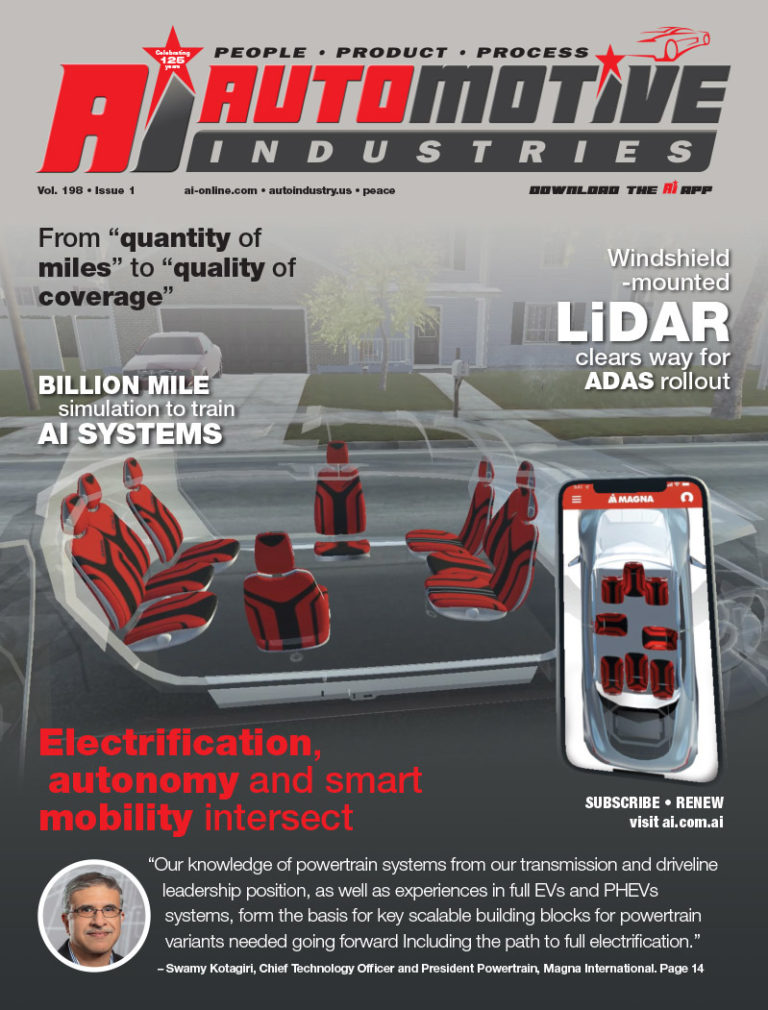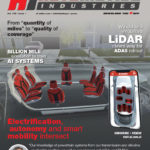In September 2005, under the leadership of Gianni Coda, President of FIAT Worldwide Purchasing the company embarked on its new supplier program. This was a turning point for the Italian car manufacturer which then began shifting its focus from global sourcing to global partnerships.
According to the Fiat Group, global partnerships involve identifying and strengthening strategic suppliers and at the same time pursuing a supplier management program approach for building long-lasting relationships. It also looks to implementing joint global sourcing strategies. “In general, the goal has been to build more structural supplier relationships through long-term contracts and shared accountability for business,†says the Fiat Group. It also called for cooperation between the design and purchasing functions.
According to a report by the Ca’Foscari University of Venice, purchasing costs represent over 70 per cent of the total manufacturing costs of a vehicle. “This implies that the purchasing function has a strategic relevance in the automobile industry,†says the report.
Sustainability and good corporate governance form part of Fiat’s purchasing policy. This is shown in the 2005 Sustainability Report, an annual publication that focuses on the importance of management accountability as well as environment and social responsibility to inform the community on Fiat and how it conducts business.
According to the Economic section, over 80 per cent of Fiat’s purchases are from ISO 14001 certified companies. This certification is an important indication of a company’s waste management standards. “Nearly two-thirds of all its suppliers’ sites are certified or undergoing certification. The remaining third are not certified, and the vast majority of these intend to obtain ISO 14001 certification,†adds the report.
As Business Ethics is important to Fiat, suppliers are selected according to their ability to share in with Fiat’s Compliance Program and Code of Conduct. The Code of Conduct includes the principles of business ethics that have been adopted by Fiat. “At the end of 2005, more than 19,700 communications were sent to suppliers. This number is bound to grow both in consequence of the commitment made by Sectors to complete the process of disclosures to active suppliers, and due to the usual, constant changes in suppliers.â€
In the first of a 2 part series Nick Palmen of Automotive Industries discusses with Gianni Coda, FIAT’s ‘Partnership strategy’ with it’s suppliers, new technology, ‘virtual engineering’
1. How is globalisation affecting the relationship between Fiat and its suppliers?
Today we have a global partnership program and a purchasing strategy instead of a global sourcing approach, which solves many of the challenges of global purchasing. Establishing a partnership with suppliers means to offer them several tools, like integration in platforms at international level which allow a better standardization on a worldwide basis, or interfunctional teams which include all involved parties from suppliers to final customers.
There are suppliers leaders in their field that can offer a competitive advantage and they can’t limit themselves to just one customer. Different is the relation to local suppliers which for several reasons (maybe only logistic, due to the size of the components) have to be physically close to the customer.
This new approach based on partnership speeds up all processes. We have gained momentum and the market is acknowledging this change. Our purchasing joint venture with GM was fine at the beginning but later it proved to be far from the needs of a fast changing environment.
2. Do you have a different procedure in purchasing technically sophisticated components than more simple parts?
We use the same procedure, we build up our global partnership with suppliers like Lear, TRW, Johnson Controls, Autoliv, Delphi, Bosch, Valeo and Magna and whether it’s a co-design part or an already designed part, we plan it as part of our global purchasing partnership strategy.
The approach for co-design part or an already designed part may be different but the process is the same.
3. What is the supplier footprint on your organisation? Is there a tendency to assign more responsibility to the suppliers in the future?
We are looking at more standardised parts within our platforms according to a specific strategic search of both the commodities and the suppliers who produce and supply them. But we make a strategy for all our parts and with key suppliers. Generally, I wouldn’t speak of a shift of responsibility. It’s rather a process of integration and rationalization based on shared and clear common objectives
In the next issue Nick Palmen continue AI’s discussion with Gianni Coda looking at the strategy to invest Fiat’s more than US$ 30 billion purchasing budget in Europe, USA, Latin America, South Africa, Morocco, India and China.














































 Renault Integrates Sensics Panoramic HMD into ULTIMATE Driving Simulator
Renault Integrates Sensics Panoramic HMD into ULTIMATE Driving Simulator


